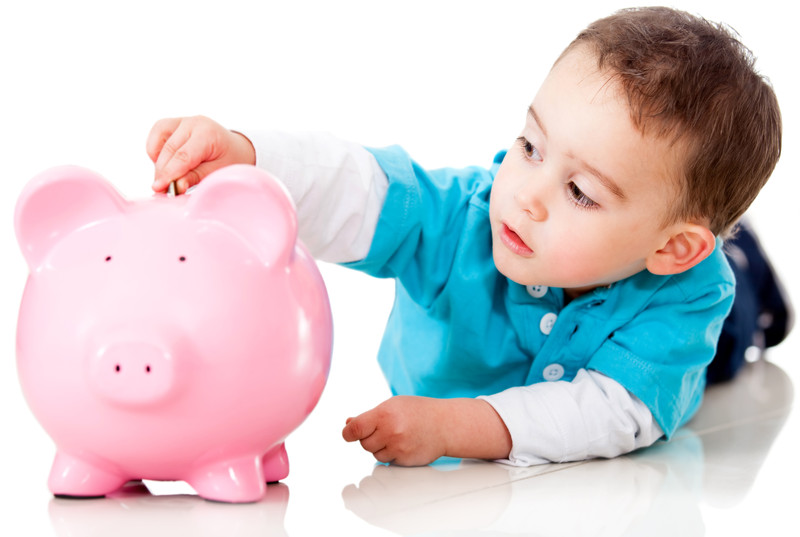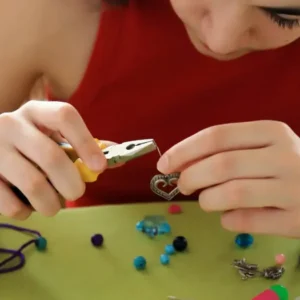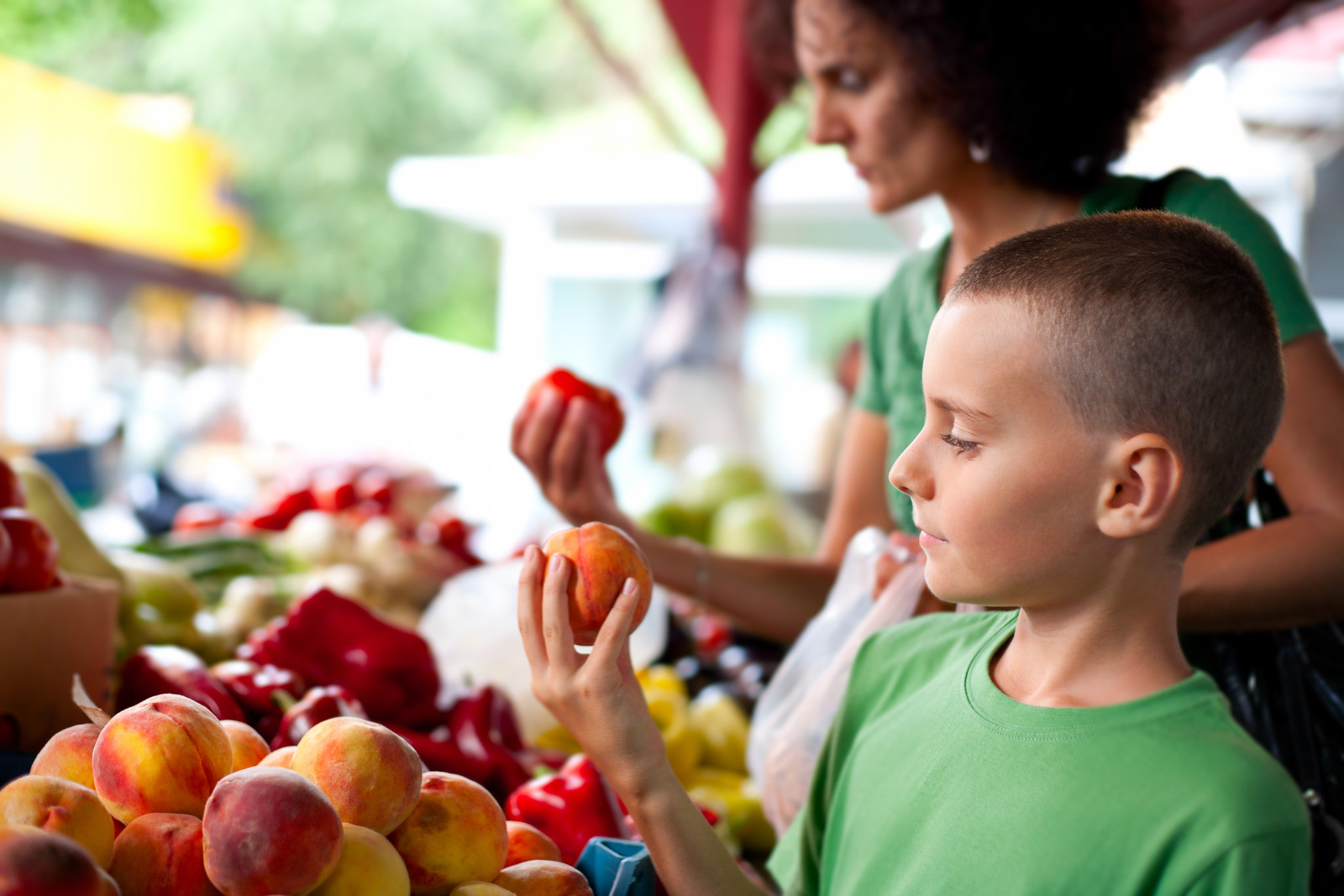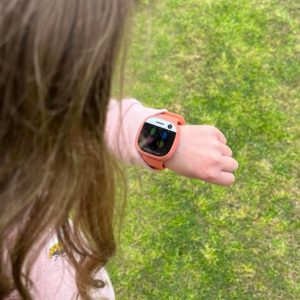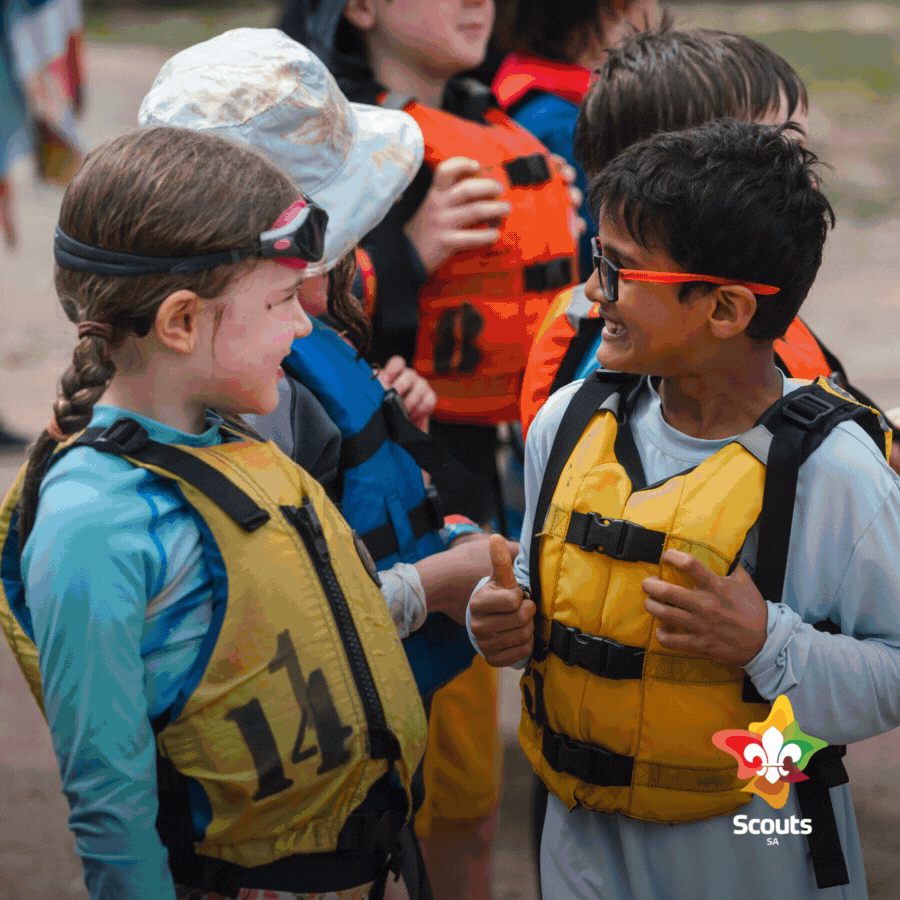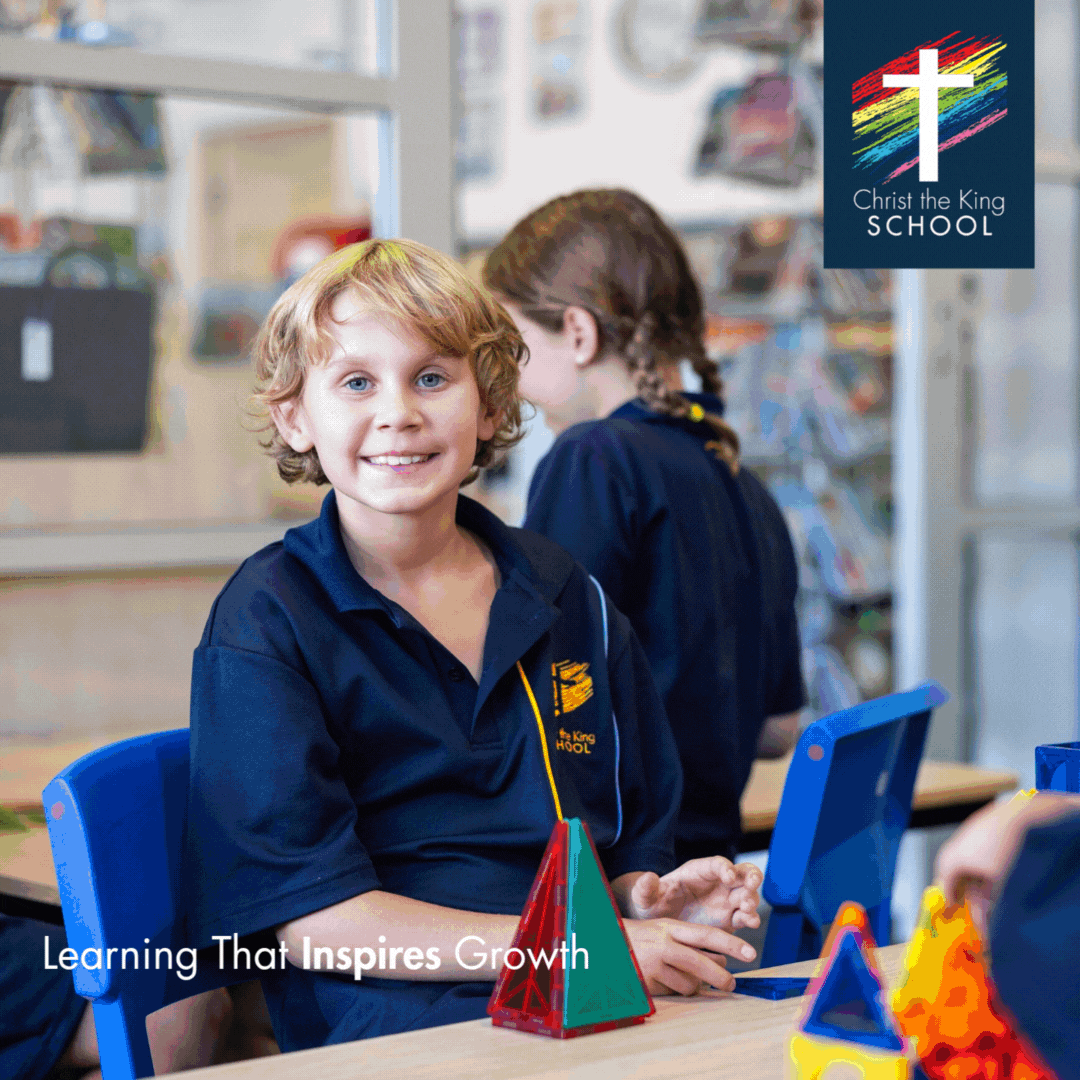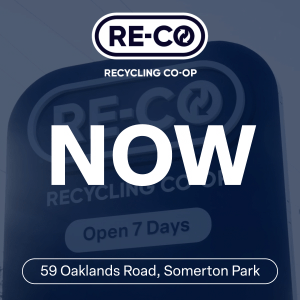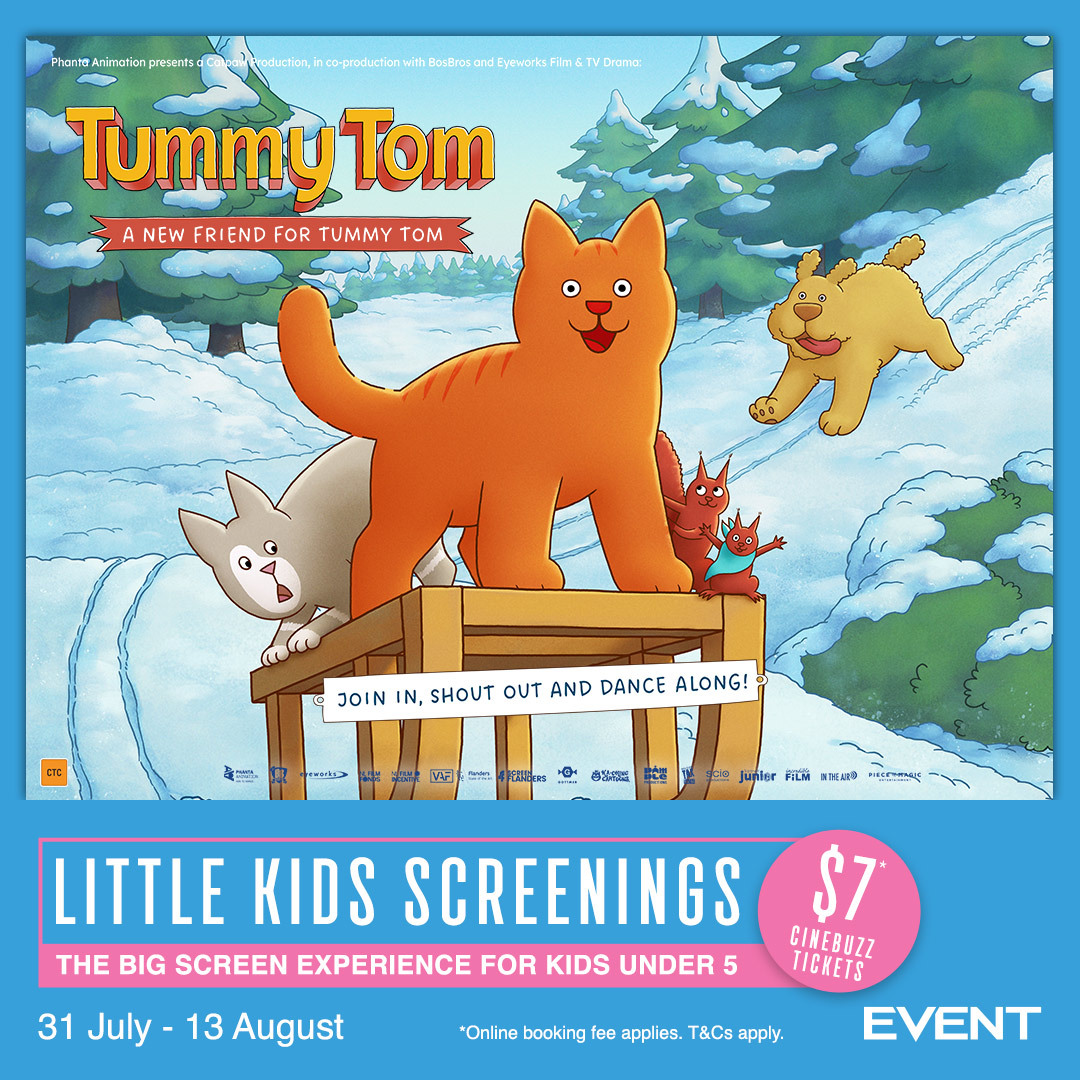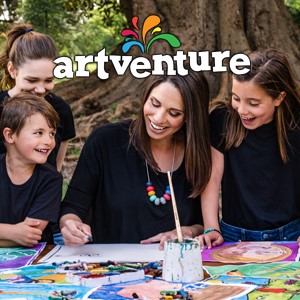What does money mean to kids? It might mean nothing, it might mean everything. It probably depends on the age a bit, but it also depends on how you model what/how/where/when you use your money. For example, a toddler might see money as a gift to share with others (or to hide in the couch), whereas a 10 year old might see money as a new bike, a movie or an ice cream.
Have a think about how you use money. Do you use cash, card or online services? If you’re like our family, you probably use all of these! So what’s the best way to ensure your child knows the VALUE of money and can become financially literate?
We’ve compiled some tips to help you get your kids on the right track (so hopefully they can afford to put you in that awesome retirement home with the pool when you’re older!).
Key factors?
Saving, spending, earning, budgeting and investing.
Let them handle the money
I get my daughter, who isn’t yet 2, to hand over the money (cash) when we buy smaller items from the store. I also get her to collect the change and put it into my purse. This doesn’t happen every time obviously. If we’re nearing “meltdown o’clock” then I use PayWave because God help us all if we are in there when the meltdown occurs! BUT, when I can, getting my daughter to hand the money over for me demonstrates to her that she can’t just take the items from the store. Obviously, my daughter doesn’t understand about “money” as such yet, but it’s about getting her used to the concept of purchasing something. Plus, toddlers are building their independence and this is a nice way to give them the opportunity to do so. For older kids, you could do something like giving them $20 as 4 x $5 notes and asking them to buy 4 of the items from your list when you are at the supermarket. They will need to be able to find the items, choose brands of the item that fit into their budget and then select the right number of notes to pay for the items. You could even allow them to keep the change each time you do this and therefore encourage them to become more savvy when they shop.
Buy them a piggy bank and open a savings account
You could make this a great learning opportunity by encouraging your child to put their pocket money into a savings account at the bank. Then tell them you’ll put the same amount into a piggy bank. Tell them you’ll see which has more money at the end of the year, explaining to them the basic concept of interest earned. Ross Greenwood from the Channel 9 Today Show told Kids in Adelaide that one of the most important things to teach children about money is the concept of savings and “free money” from earning interest (or earning free money from Mum and Dad matching what you save)
“Work = money. Interest on interest = wealth. Longer you save, the more you have……”
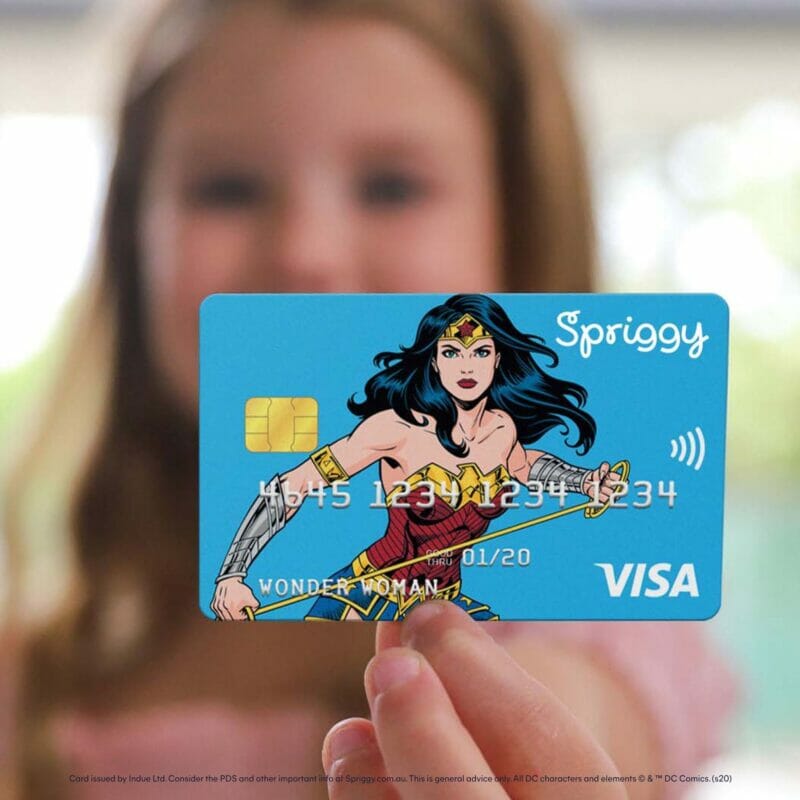
Pocket Money apps
Spriggy is a great pocket money app you can use to help your kids get money smart. Built around a prepaid Visa card for 6-17 year olds with a purpose-built mobile app that parents and kids use together. Young people get their own personalised Visa card to spend online and in-store while parents get a simple digital tool to pay allowances, follow transactions and encourage savings. Together, families get the opportunity to teach young people about money in a safe, simple and practical way. In a digital age, where money is less tangible than ever, Spriggy offers a glimpse at the future of teaching young people about money. Find out more here
Invisible Money
With more and more cashless ways to pay (credit cards, pay pass, bpay, internet banking, paypal etc) it’s hard for younger kids to understand that money doesn’t have to be visible for it to be real. Teach them about “invisible money” and that just because you can’t see it, doesn’t mean it’s an endless source of money.
Don’t give them things
This might sound mean! But kids, especially once they reach primary age, need to know the value of money and that everything has a price. Just because they want something, doesn’t mean they can have it. They have to earn it. Literally. And honestly? They will feel prouder and care for the item MUCH more if they have had to pay for it themselves than if they were just given it. Obviously birthdays and celebrations are a different story, but be selective outside of these occasions.
Compare and select
If you have a child who is old enough to read and understand numbers then you can really start to build on their financial literacy AND numeracy. You can do things like ask them to find the cheapest packet of pasta, making sure they are comparing ‘like’ packets (eg. 200g with 200g). You could also look at different types of savings accounts and work out which account is going to be the best for your child and why.
Keep receipts
Receipts are great for helping children understand the value of money. My mum used to give me her monthly bank statements and then hand me a wad of receipts that she used to fold and put into an envelope- literally every receipt from the entire month! I would check that each debit item was accounted for. This helped me understand how much money can be spent on groceries, and also helped me form an understanding about security of credit/debit card purchases. With so many online purchases now, it’s important children grow up being vigilant about checking their accounts regularly. Receipts can also be a great tool for learning about addition, subtraction, rounding and using decimals.
Online Security
Further to the previous point, it’s a handy tip to make sure your older kids, who may be buying things online, are being safe about it. Do they know how to identify a “secure” website? Do they know how to set up a new account specifically for online purchases, rather than using their main bank account? This is something well worth putting time into to ensure they are secure online.
10% Savings
Encourage your child to save 10% of their income when they start working, and I mean as soon as they start working. Whether it’s for grandpa, at KFC or as a chef. If they can implement this strategy early on, then it sets them up with great savings techniques for life.
Holiday Wallets
Whether you’re heading off for the weekend to Victor Harbor or for a two week vacation in Fiji, it’s worth giving the kids a set amount of ‘holiday’ money. Make sure you sit down before the trip and explain that they will each have a certain amount of money and that they can choose (within reason) what they would like to spend it on. Reiterate that once their holiday wallets are empty, they have no other ‘spending’ money. If you have older kids, you could always introduce a ‘borrowing’ feature to this too. For example, if they have spent all their money in the first three days and are going to be literally the WORST, sulkiest versions of themselves for the rest of the holidays, then you could lend them some money with HIGH interest. The interest could be literally actual $$ interest, or it could be repaid through chores once you’re back home from the holiday. Either way, keep in mind that they need to learn the value of money and this could be a tough lesson, but a very good one.
You can find some great tools and tips on the Money Smart website:
www.moneysmart.gov.au/life-events-and-you/families/teaching-kids-about-money
And another great article about money and budgeting skills for kids at
www.twinkl.com.au/blog/money-and-budgeting-skills-for-children






![AFC-eDM Signature [AFLW-3Game-970x150]v3](https://kidsinadelaide.com.au/wp-content/uploads/2025/07/AFC-eDM-Signature-AFLW-3Game-970x150v3.png)
